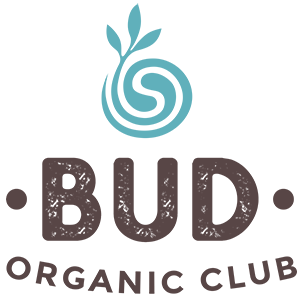What is Certified Organic?
The term ‘Certified Organic’ means a product has been through a strict certification process and has met the requirements of an approved certification Standard, such as the National Standard for Organic and Bio-dynamic Produce or the Australian Certified Organic Standard. Brands and/or businesses are then audited annually to ensure they continue to meet the strict requirements of the Standard.
In Australia, certified organic always means:
- Sustainable and regenerative
- Synthetic herbicide, pesticide and chemical free
- All animals are free to roam
- GMOs, artificial additives and hormones prohibited
There’s a difference between ‘organic’ and ‘certified organic’ in Australia
Did you know that currently in Australia, there is no regulation for the term ‘organic’? This means that a product can be labelled ‘organic’ even if it has not been through organic certification. Due to our nation’s lack of domestic regulation, you might find products with as little as 2% organic ingredients with an organic claim on their labelling.
The only way to guarantee that your product is authentically organic is to look for a certification mark such as the Australian Certified Organic ‘Bud’ logo.
Organic Fast Facts
- Organic foods can be more nutritionally dense than conventional and contain no synthethic chemical residues.
- Only 19% of chemicals are removed when washing non-organic strawberries in tap water.
- Organic farms focus on building healthy soil, which stores carbon and increases drought resilience
- Organic animals are truly free to range on organic pastures. Battery farming and feedlots are strictly prohibited under organic certification.
- For organic free range chickens, a maximum of 1,500 birds are permitted per hectare, compared to 10,000 for non-organic free range.
- Organic farms must reserve at least 5% of their farmland for natural habitats to promote biodiversity
- It can take up to 3 years before a producer can become fully ‘Certified Organic’
- GMO ingredients are not allowed under organic standards
- Australian consumers should look for an organic certification logo when buying organic. 77% of organic shoppers are aware of certification marks.
Want to learn more?
Want to learn more about what certified organic means? Click on the links below to find out more.
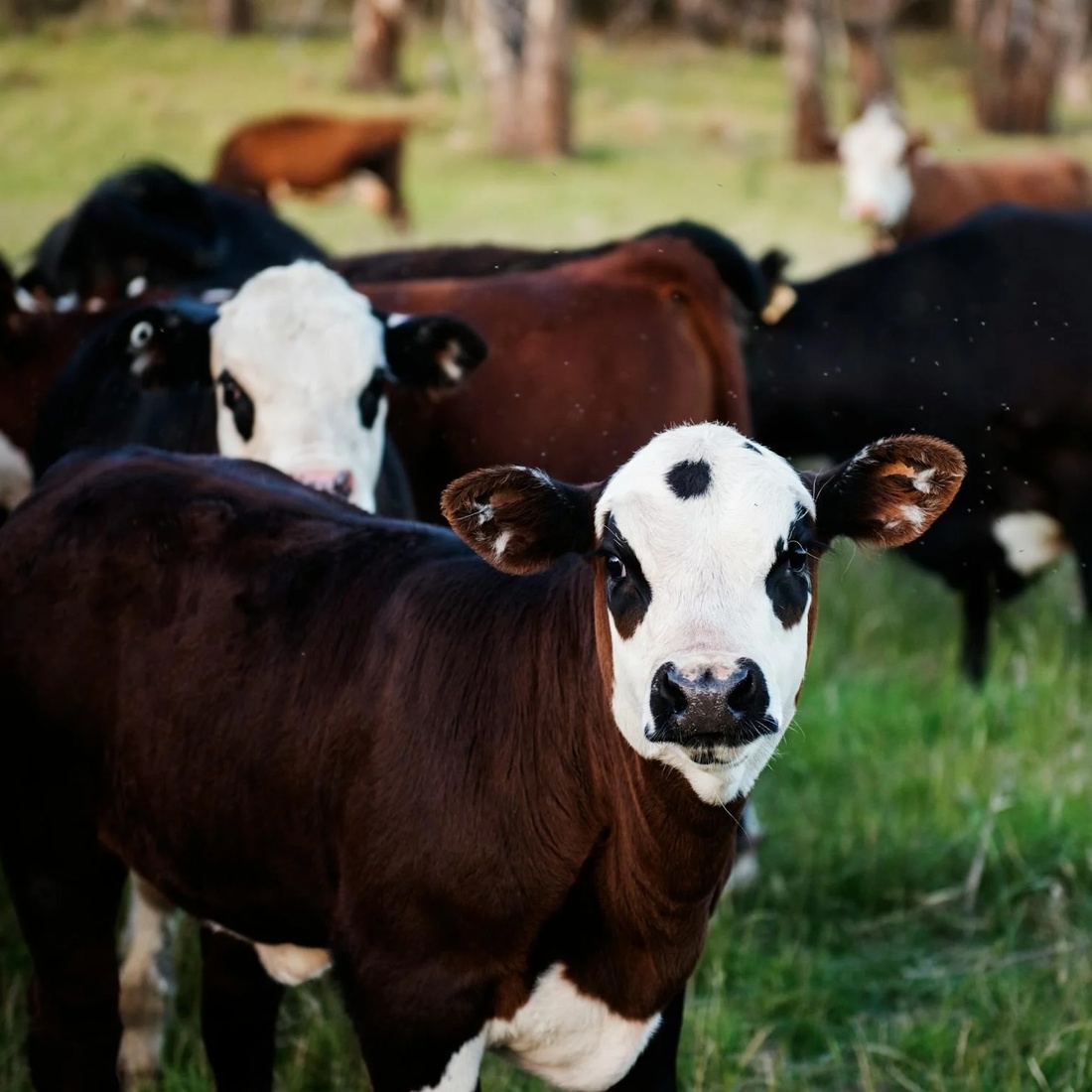
Tread softly – the impact of organic farming on the environment
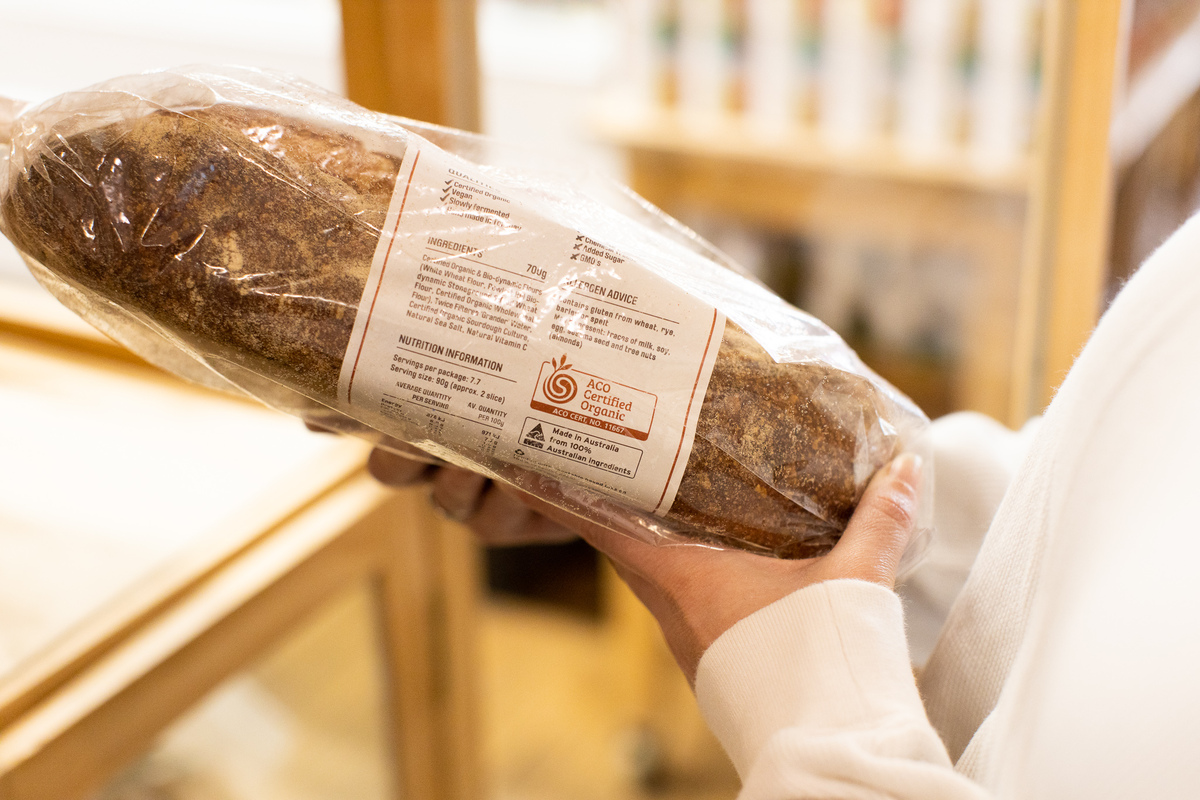
Organic Bakeries: Health and Sustainability in Every Loaf
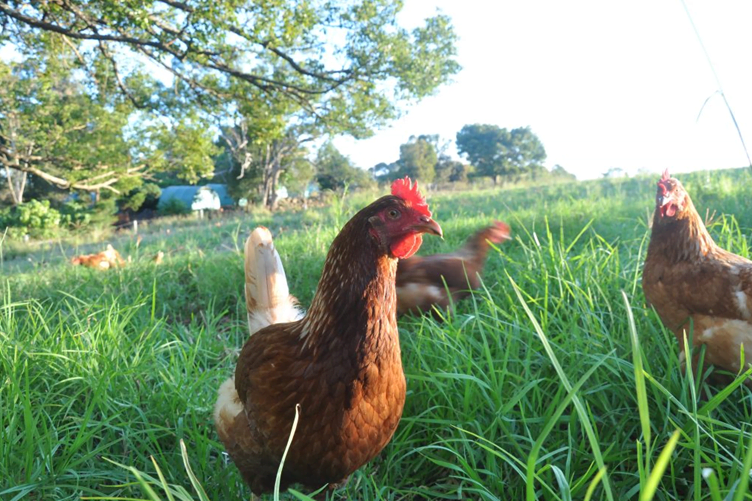
Egg-straordinarily Organic!
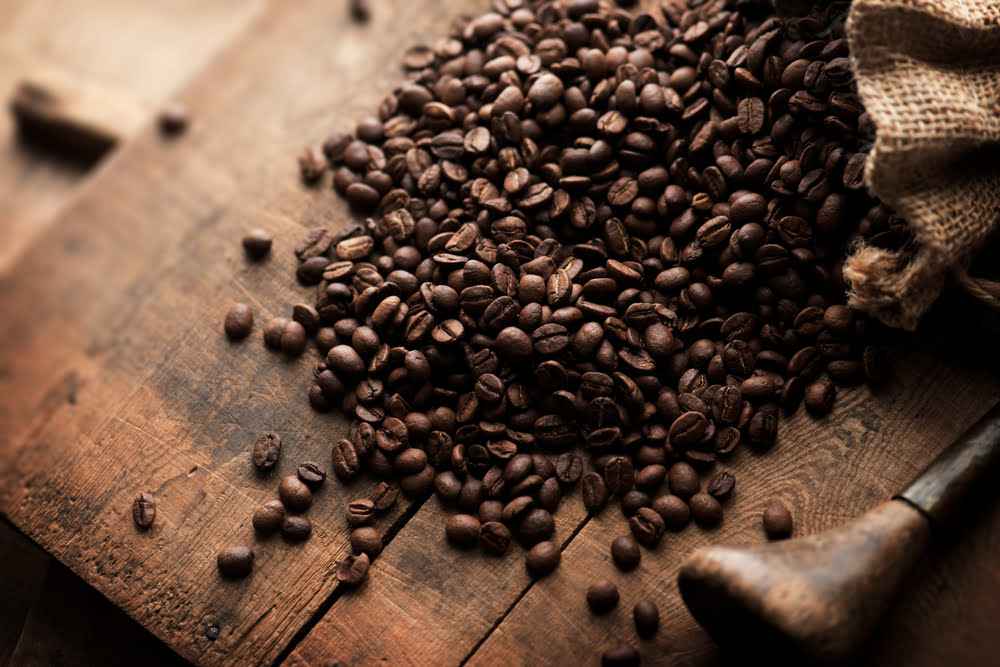
The Brew that Cares: Exploring the Perks of Organic Coffee
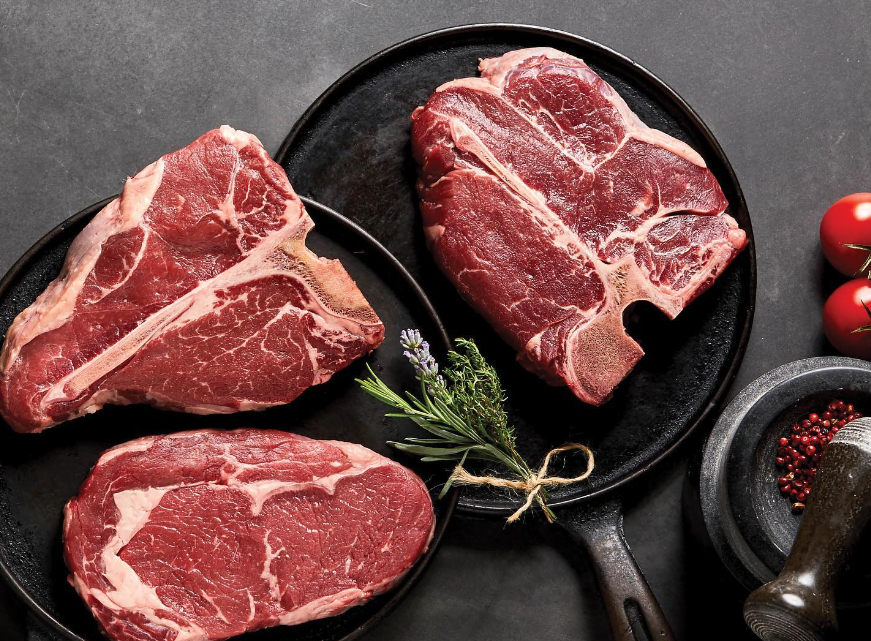
What is Organic Red Meat?
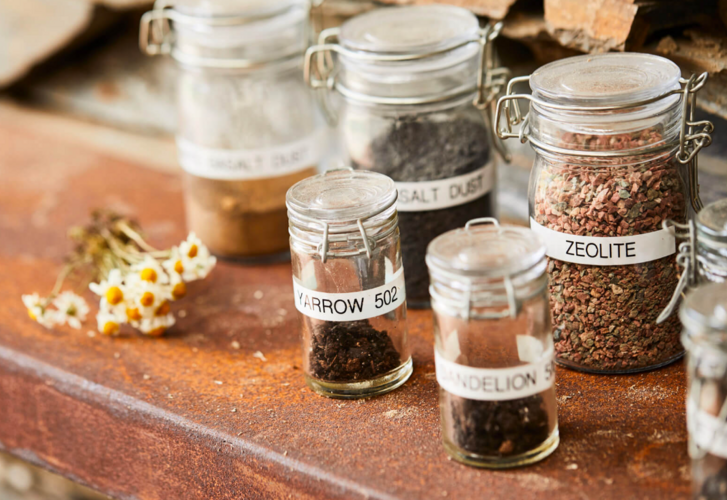
What Does ‘Biodynamic’ Mean?
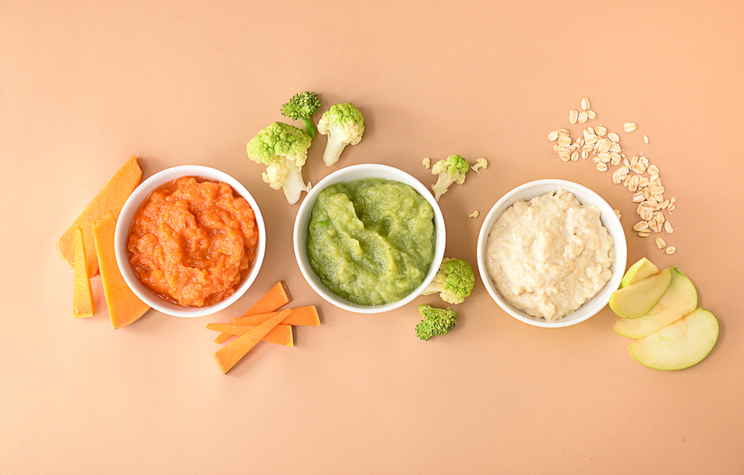
What is Organic Baby Food (and is it better for your child?)
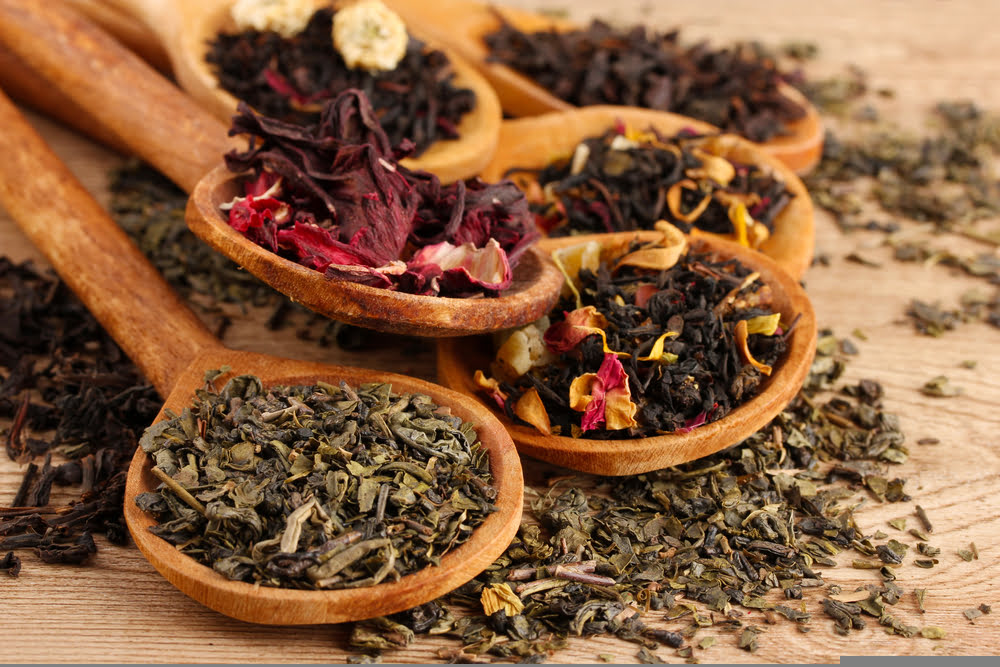
What is Organic Tea?
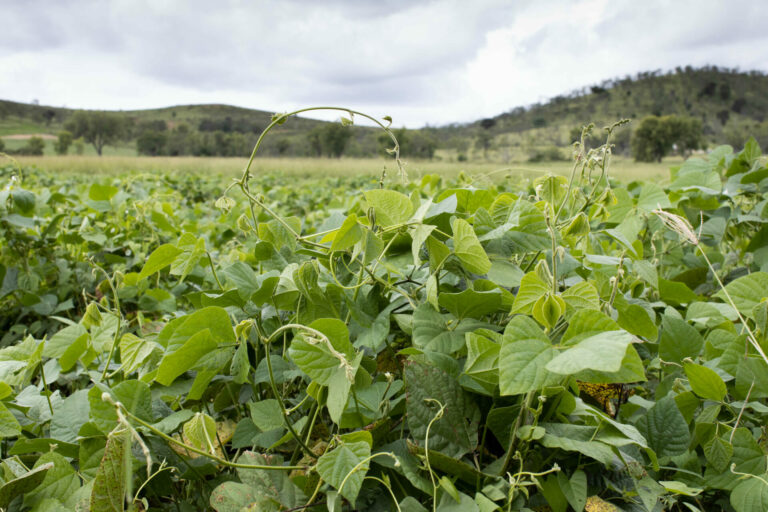
What are the environmental benefits of organics?
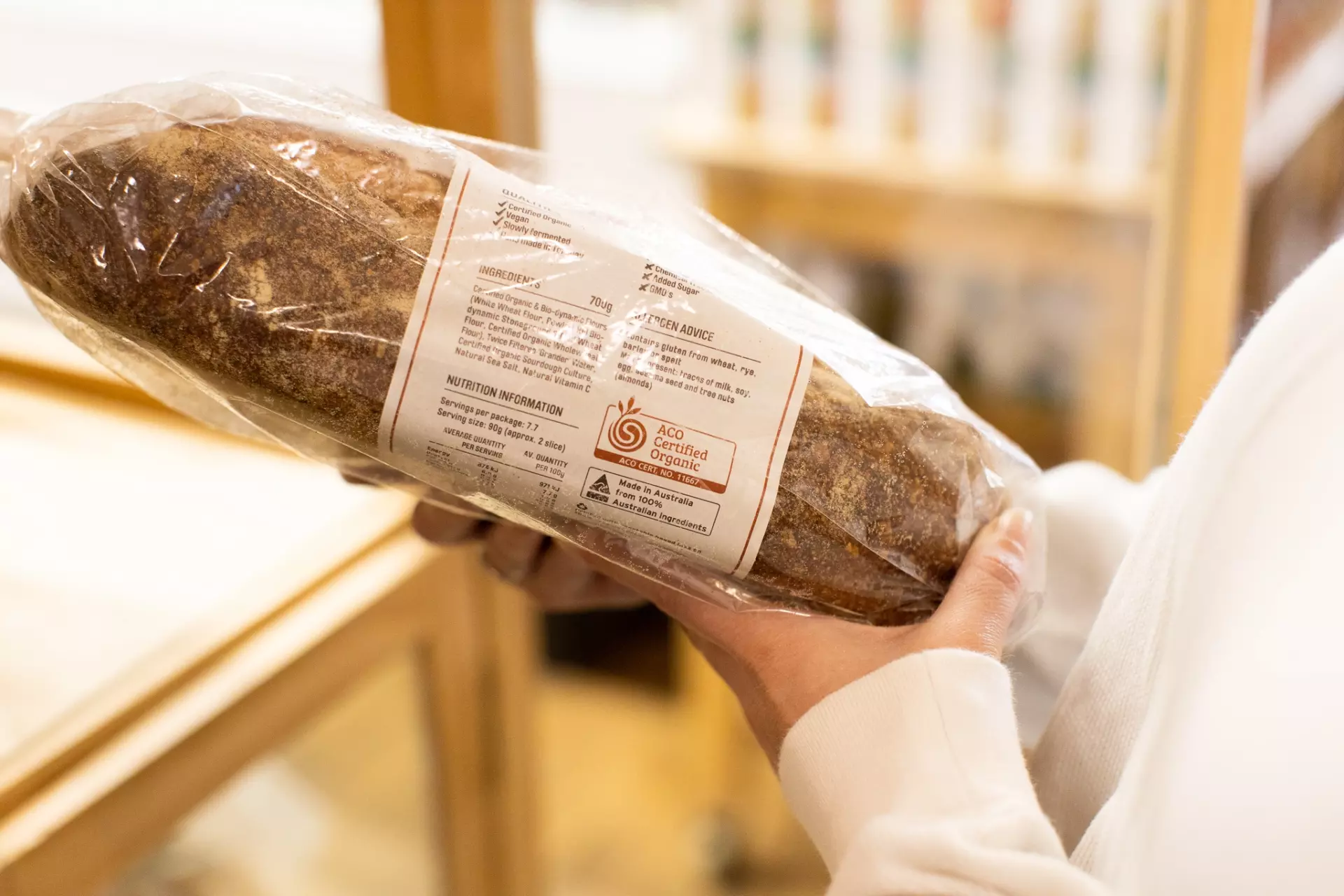
What is Organic Bread?
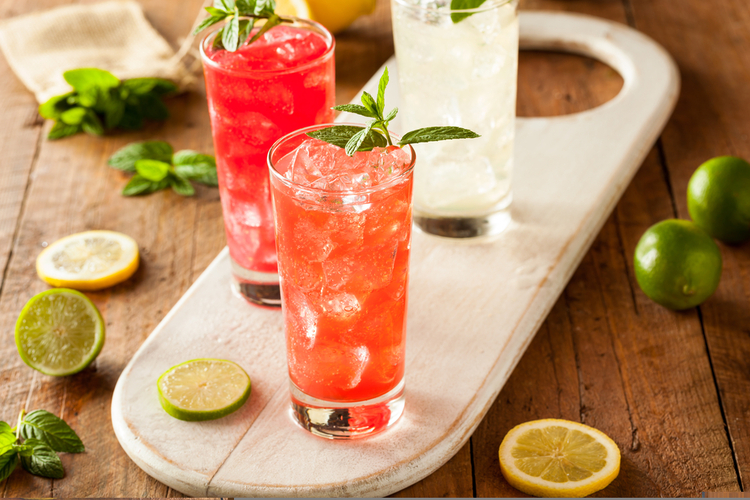
What are Organic Soft Drinks?
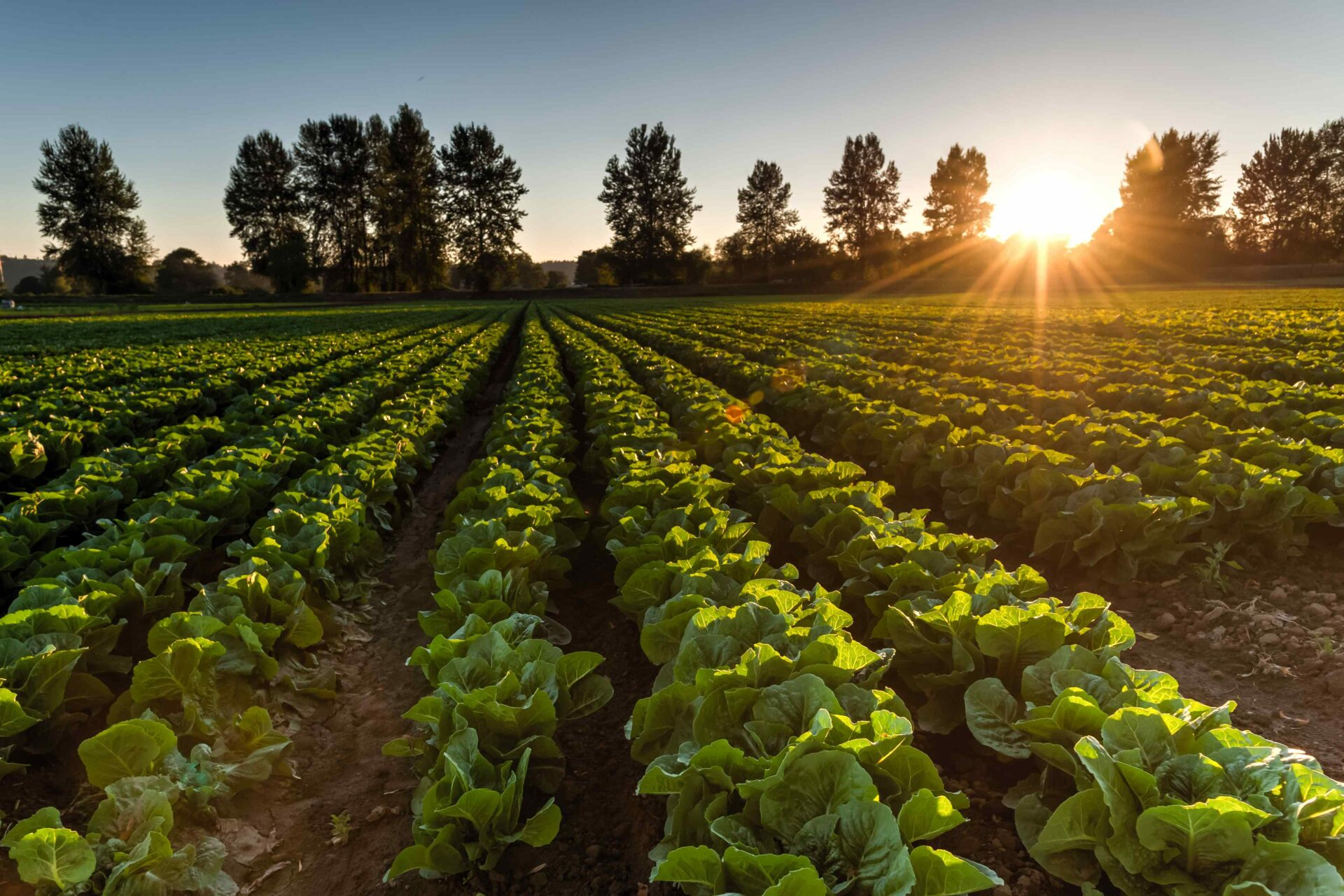
What is Organic Farming?
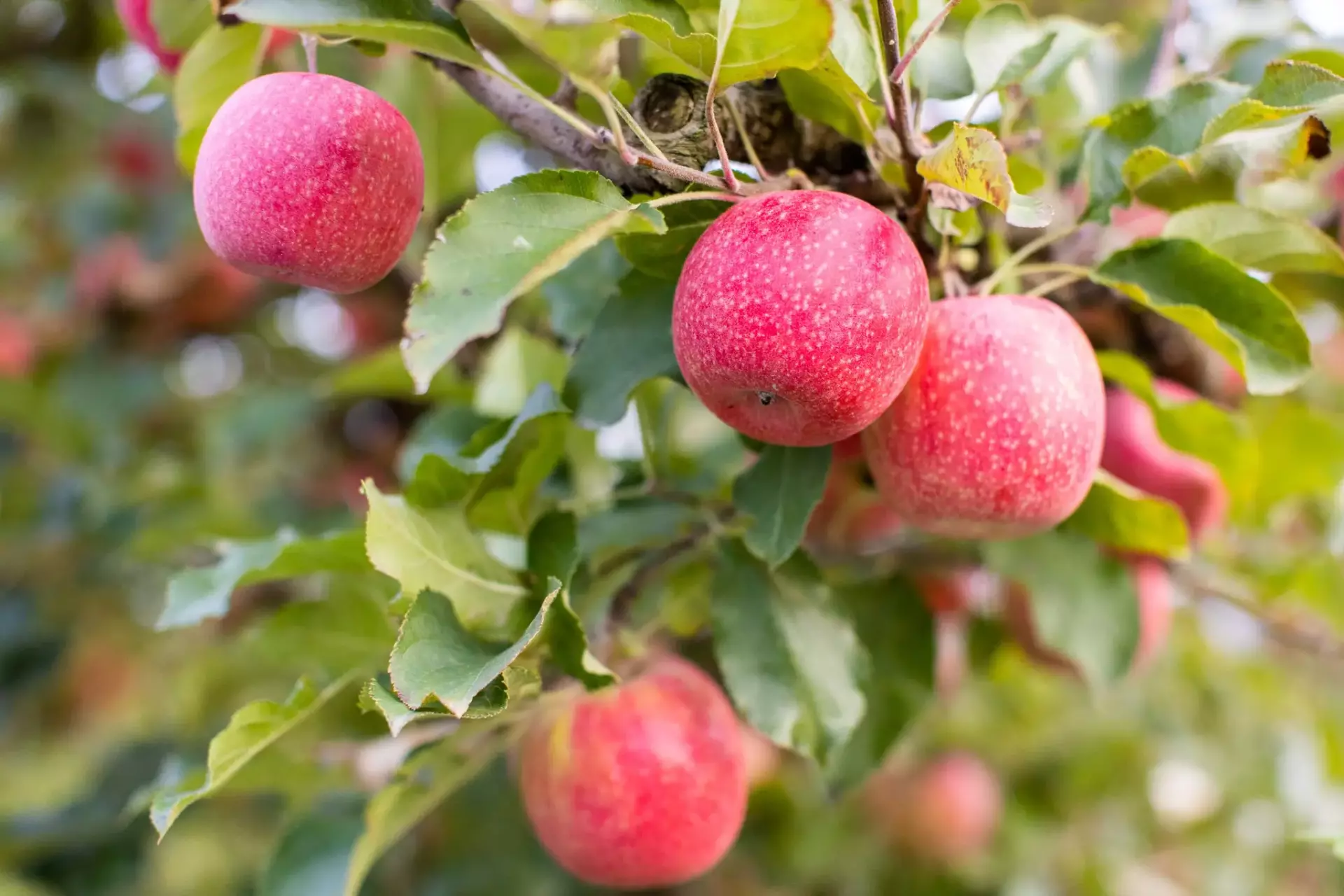
What is Organic Fruit and Veg?
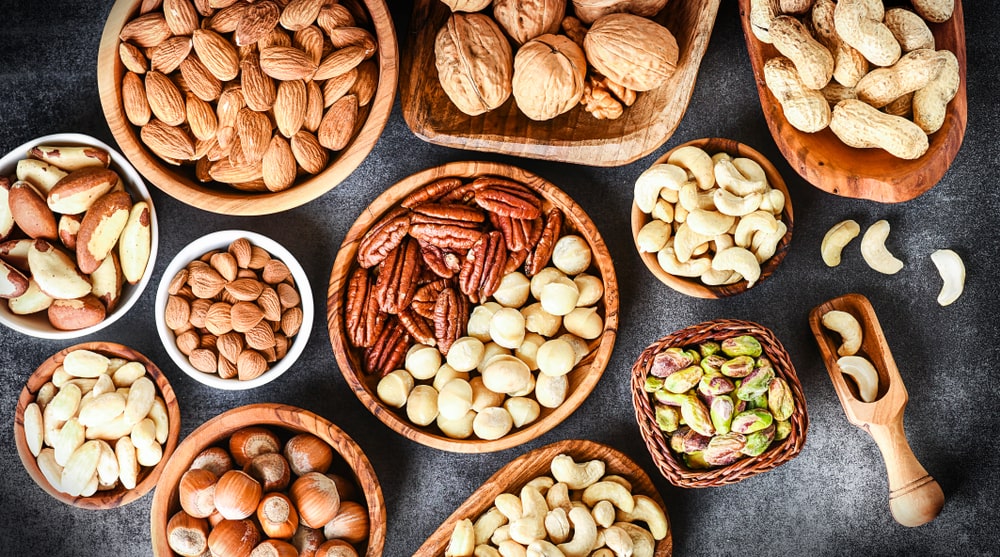
What are Organic Nuts?
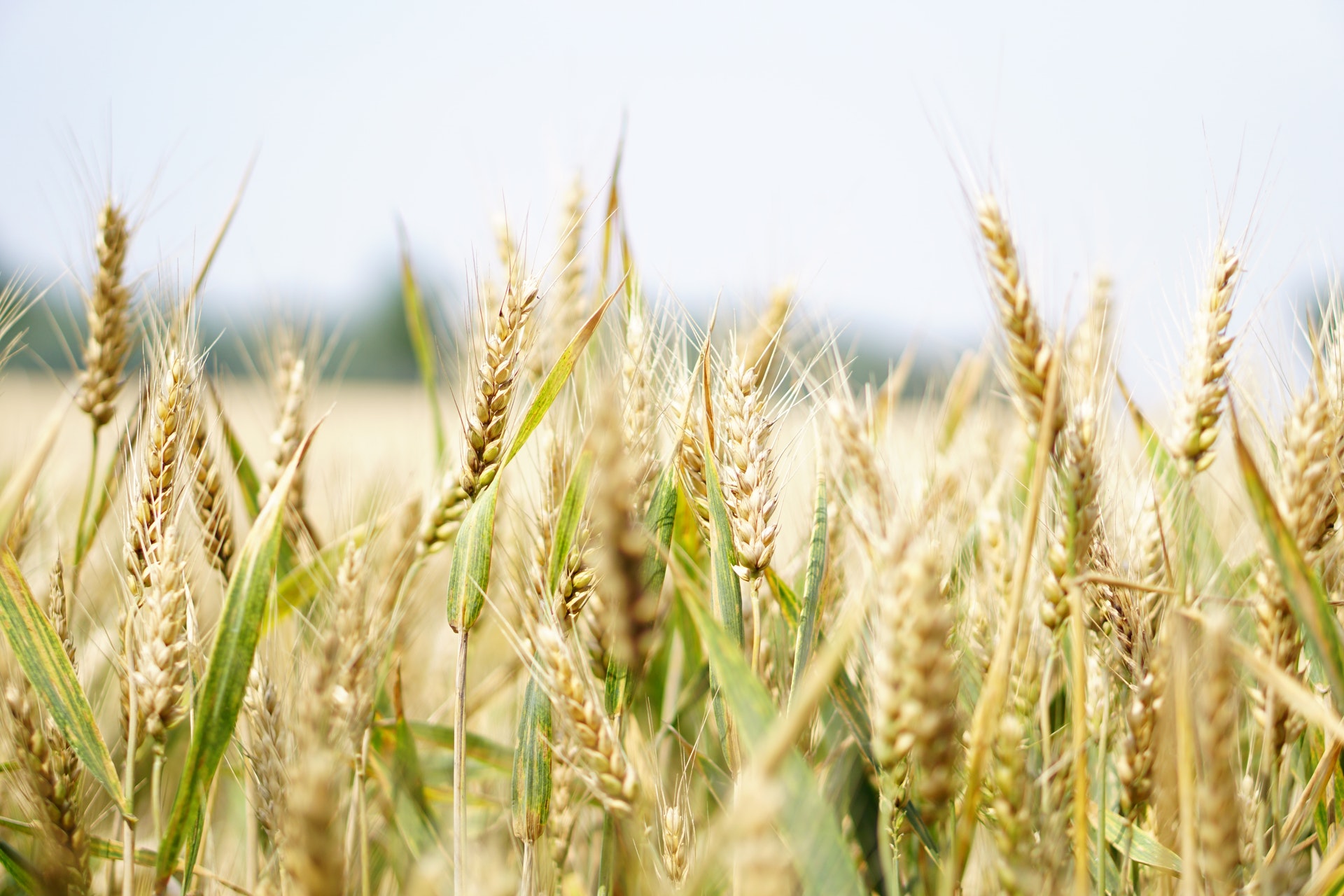
What is Organic Grain?
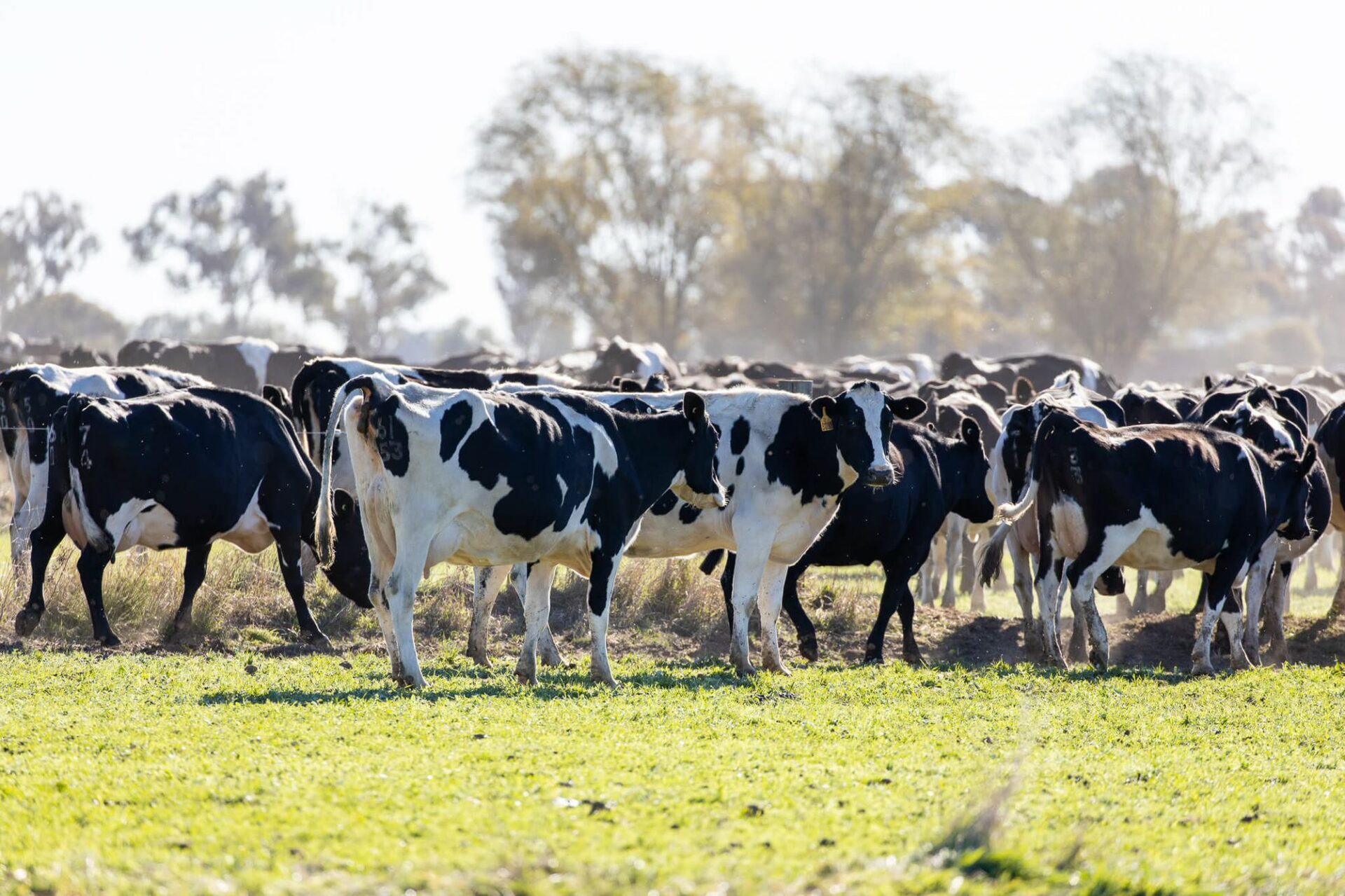
What is Organic Milk and Dairy?
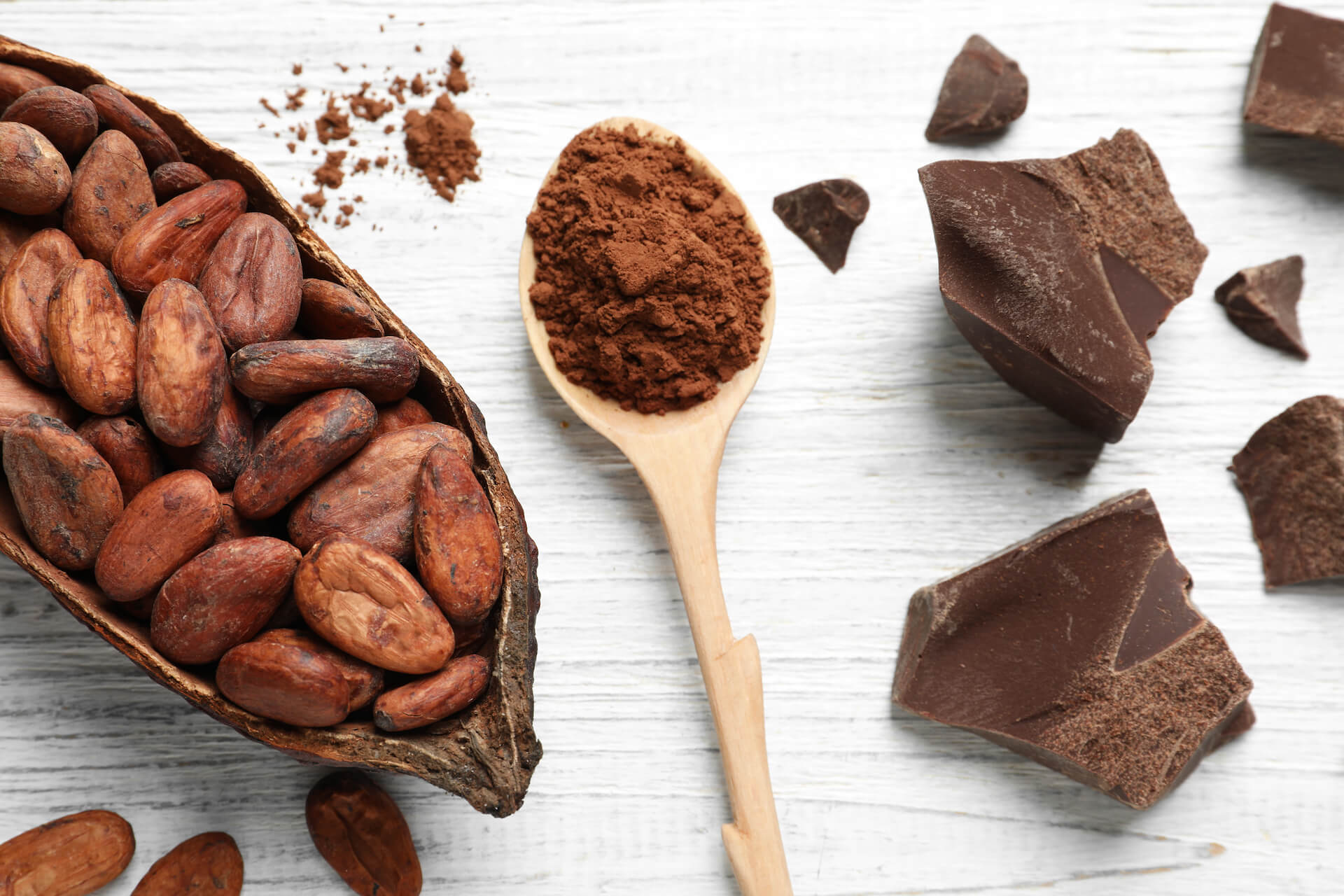
What is Organic Chocolate?
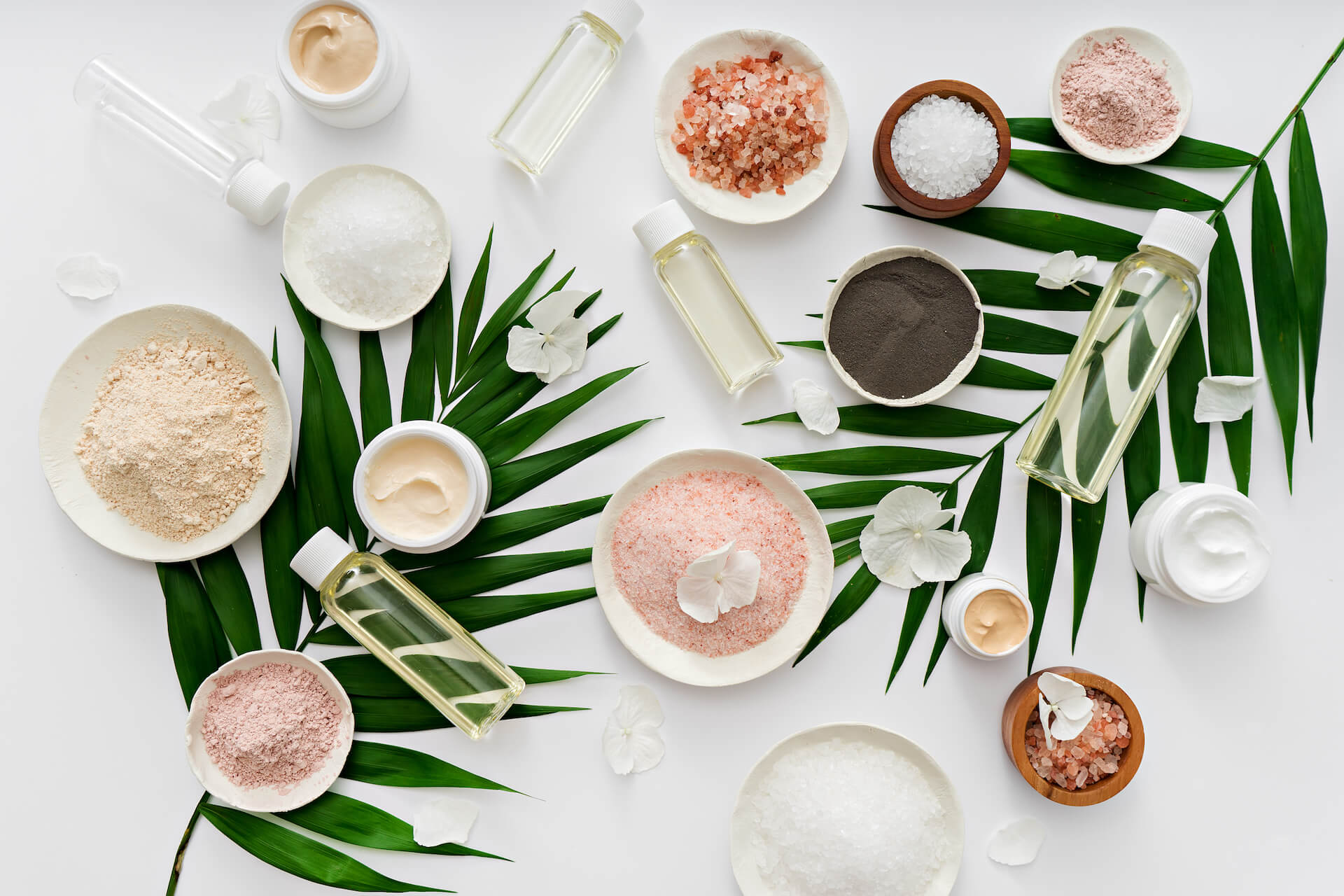
What is Organic Beauty?
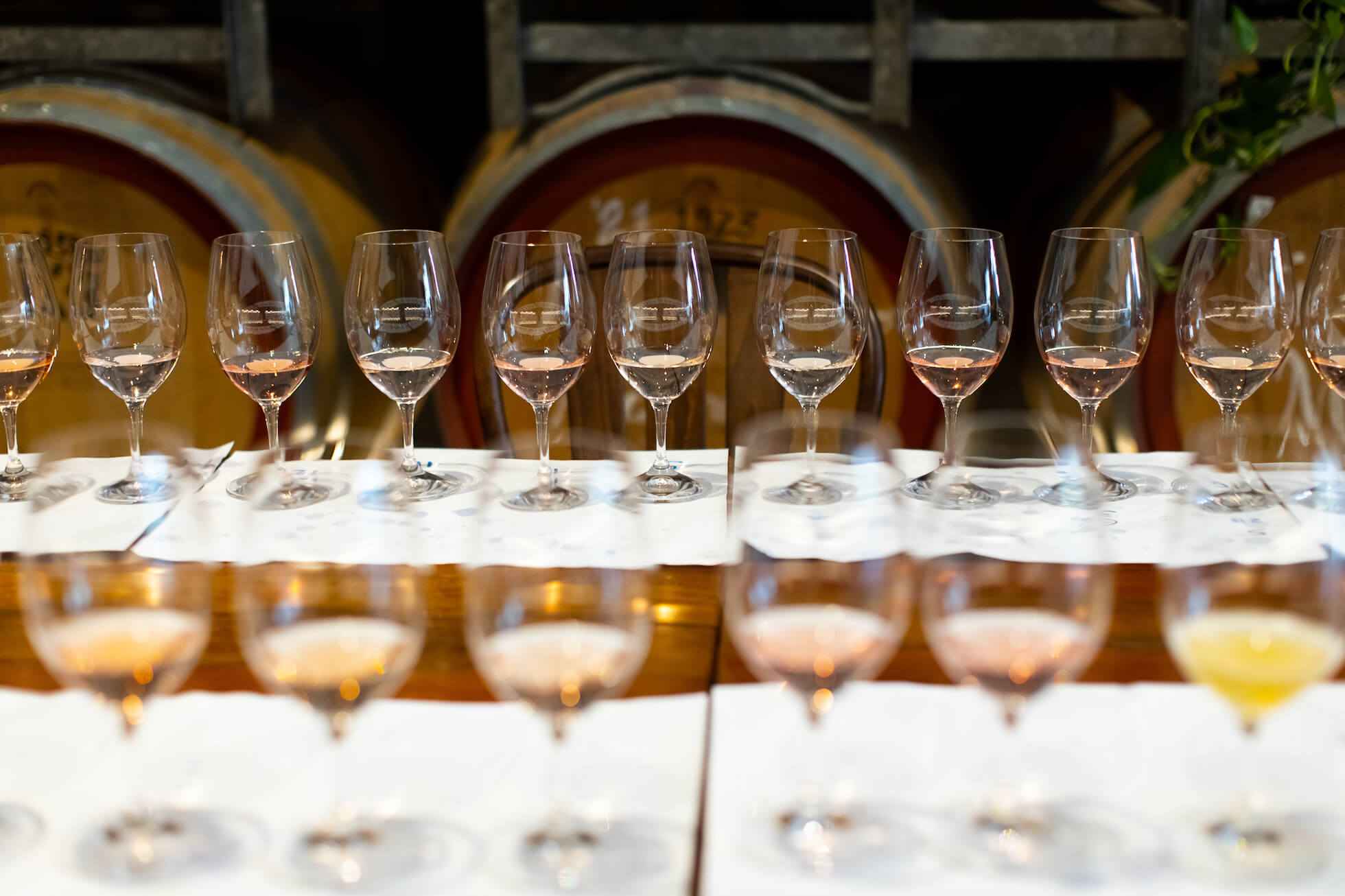
What is Organic Wine?

What are Organic Textiles?
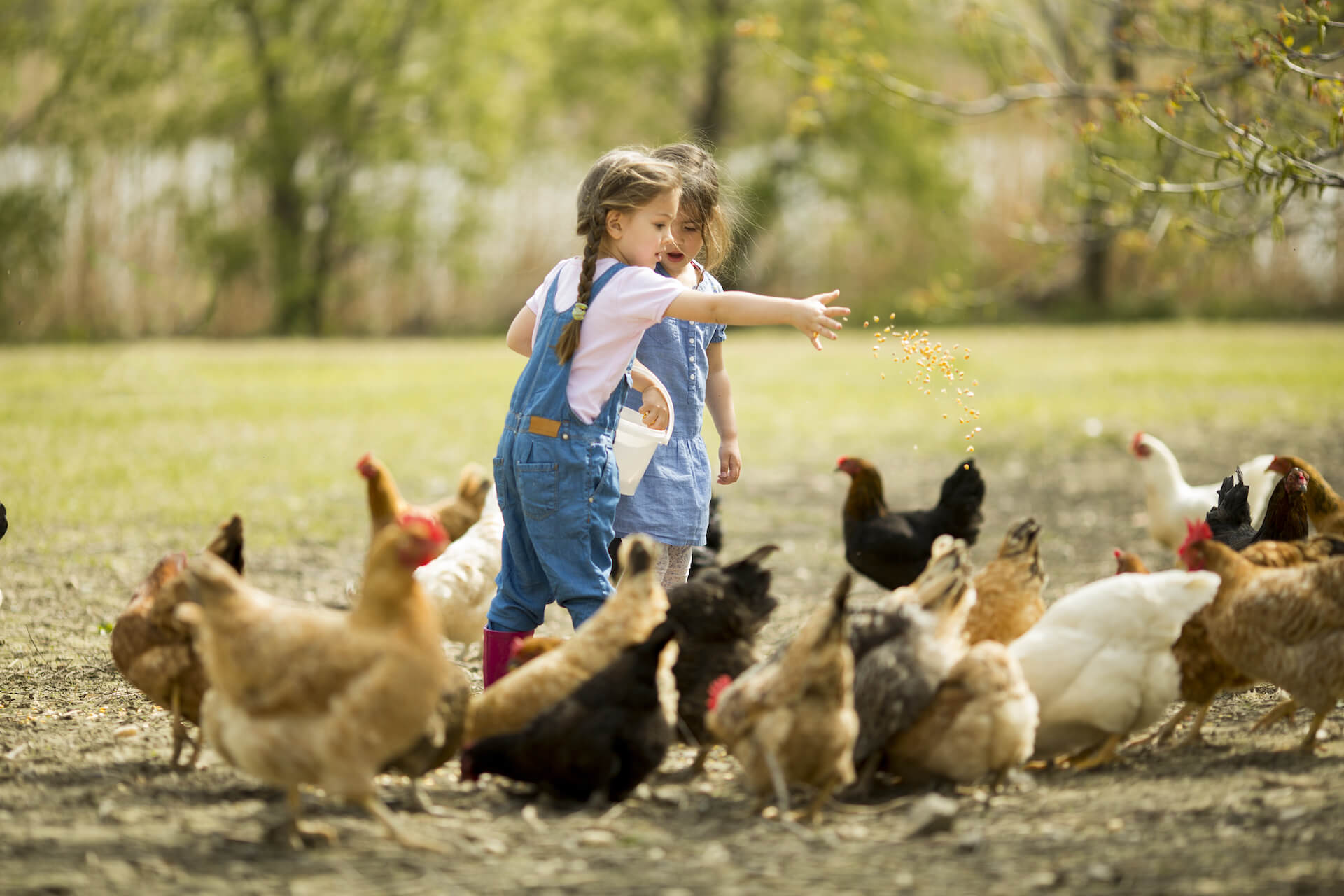
What is Organic Animal Feed?
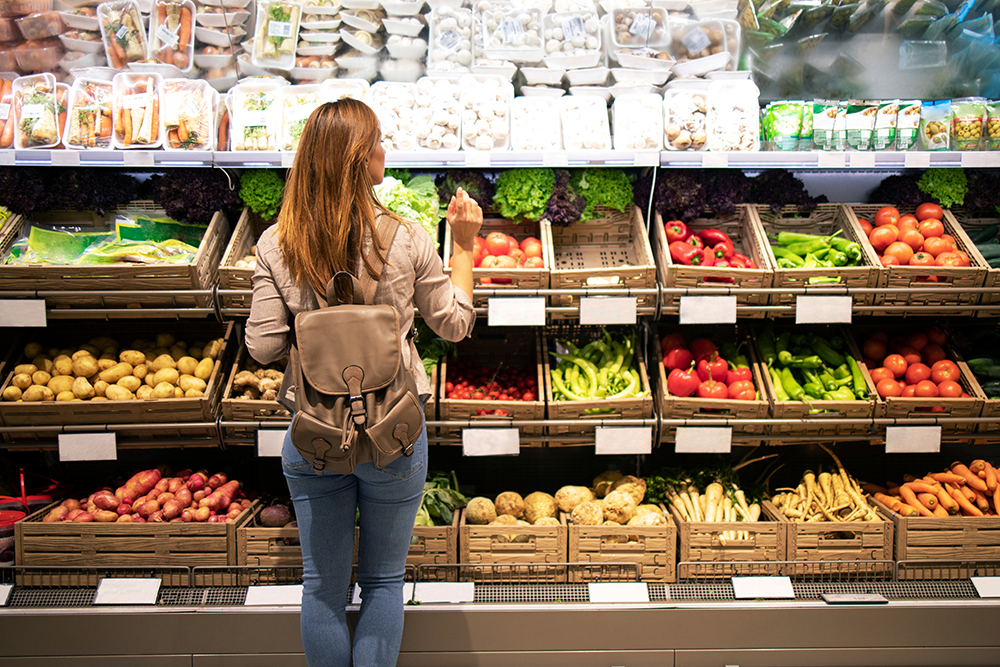
What does the new Organics Industry Advisory Group mean for organics in Australia?
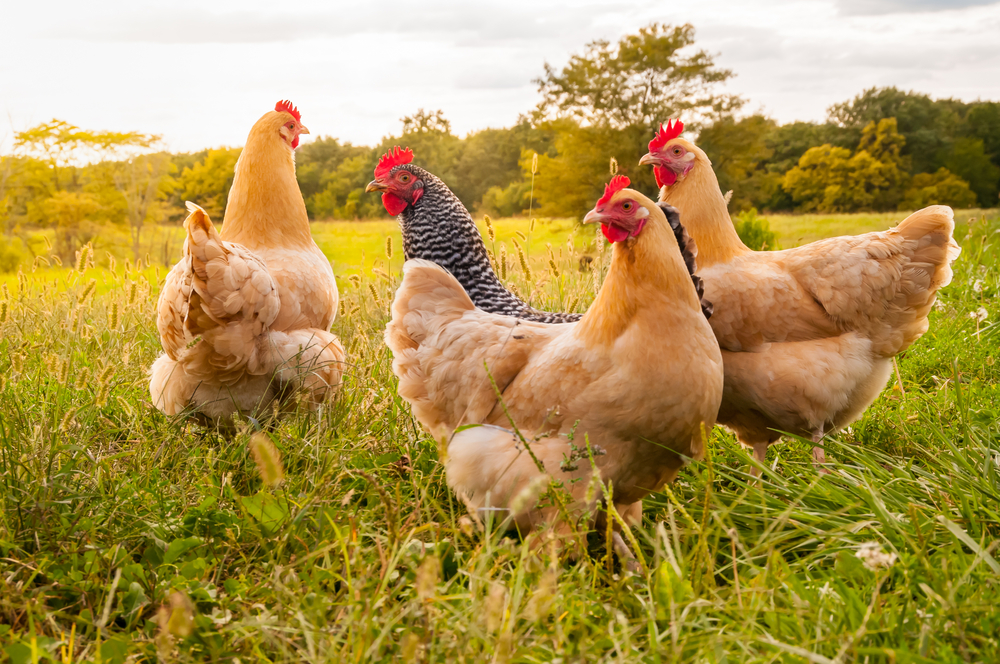
What Does Free Range Mean?
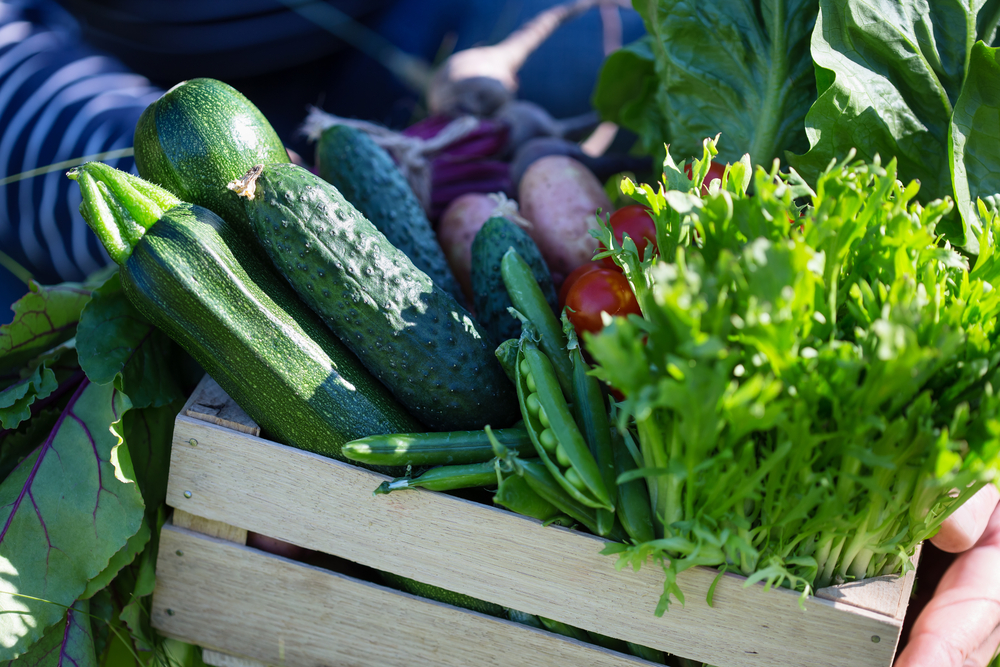
What are organic standards?
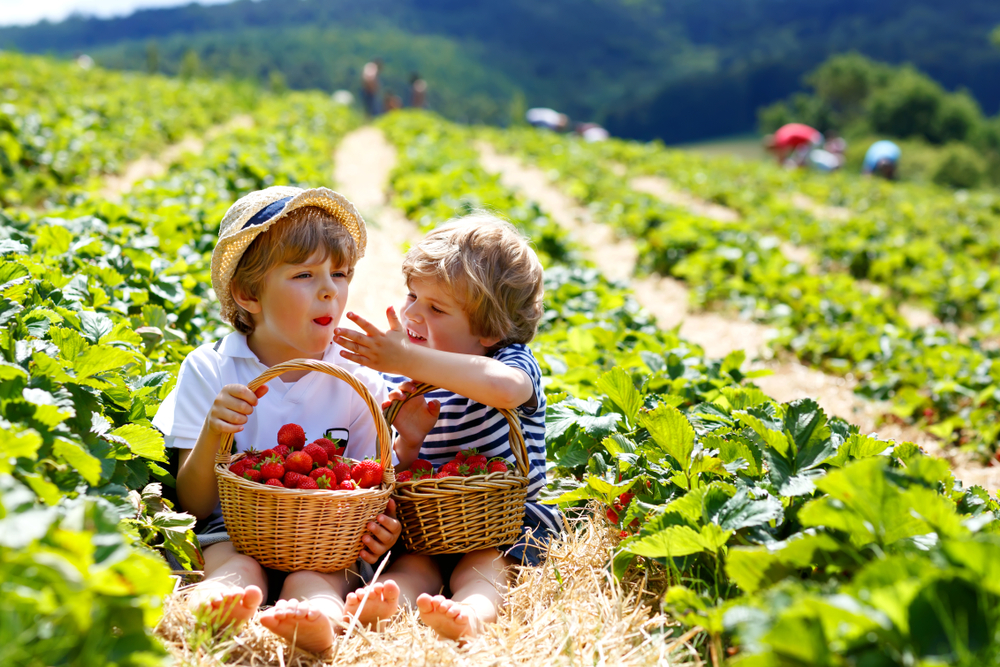
The Benefits of Certified Organic
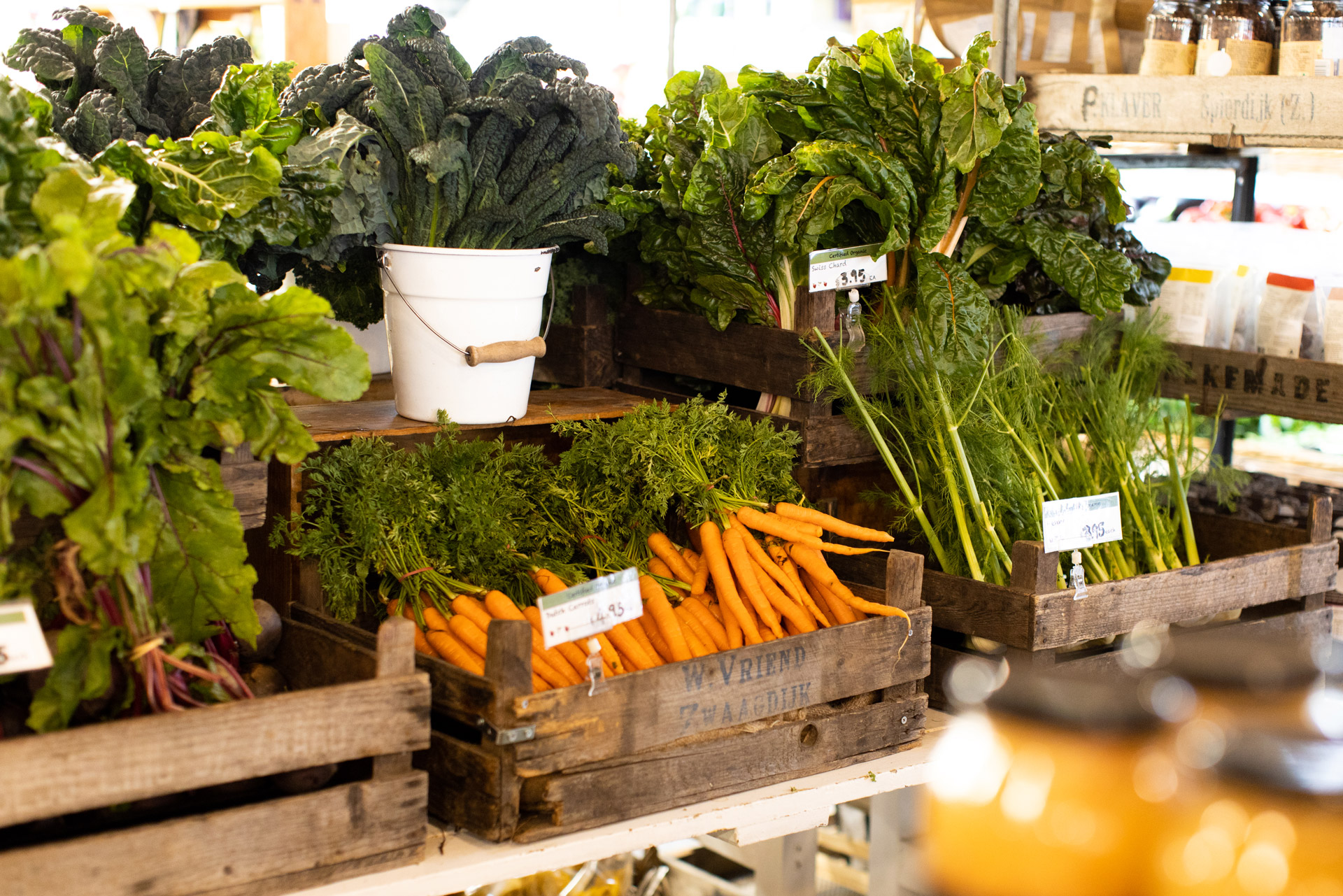
What is Certified Organic?

